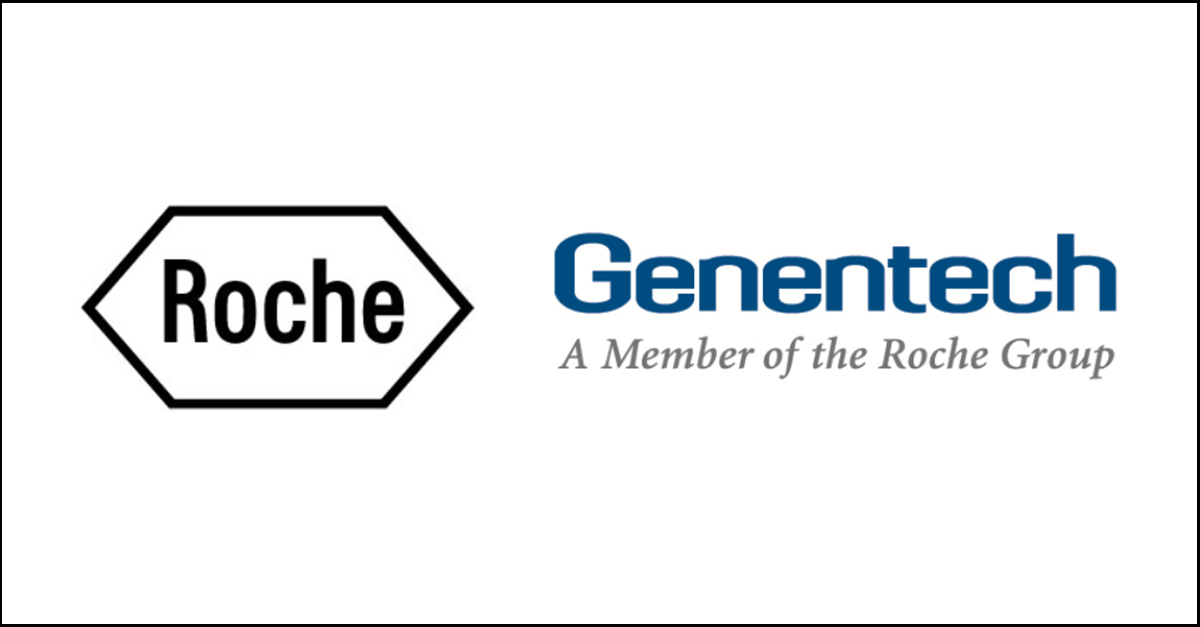
As Roche/Genentech continues to advance its Phase 2/3 clinical development program for RG6206, an adnectin fusion protein designed to inhibit myostatin and stimulate muscle growth in ambulatory people with Duchenne, the company has provided an update to the community including their current timeline.
Read Roche/Genentech’s letter to the community
Dear Duchenne community,
On 16 February 2019, we provided an update on the Roche anti-myostatin (RG6206) program in people with Duchenne at the Parent Project Onlus Conference in Rome, Italy. Recognizing that not all of you were able to attend the meeting in person or watch it online, we are pleased to share it with you as follows:
Roche continues to advance its Phase 2/3 clinical development program for RG6206, an adnectin fusion protein, designed to inhibit myostatin and stimulate muscle growth in ambulatory boys with Duchenne Muscular Dystrophy. As previously communicated, RG6206 has been evaluated in two Phase 1 studies of adult healthy volunteers and one Phase 1b/2 study in ambulatory boys with Duchenne (WN40226 Study).
Enrollment in the WN40227 (SPITFIRE) pivotal study is ongoing globally in the United States, Canada, Argentina, Europe, Australia and Japan. The current list of open clinical sites can be found at www.clinicaltrials.gov (reference NCT03039686, Roche study WN40227); enrollment is expected to complete in mid 2019 and final study results are expected in 2020. A total of 159 boys are planned to be enrolled.
The primary endpoint, the North Star Ambulatory Assessment (NSAA) total score, is designed to be sensitive and clinically relevant in this population. The study also evaluates patient-centric outcome measures such as 95% stride velocity as measured in the real-world setting by a wearable activity monitor.
Roche has incorporated feedback from patients, caregivers and the clinical community in the pivotal study design. We are very grateful and appreciate the continuous partnership of the Duchenne community and would like to thank all our study participants and their families. We are all committed to working together to support the evolving needs of patients and their families.
If you have questions:
- Regarding your ongoing participation in the SPITFIRE study, or if you are in the screening phase, please contact your study physician.
- If you are not in the SPITFIRE study, but have questions about RG6206, please contact me at elena.zhuravleva.ez1@roche.com.
Warm regards,
Elena Zhuravleva, MD, PhD on behalf of the Roche Duchenne team
Patient Partnership Director, Rare Disease, Roche, Switzerland



 by: Parent Project Muscular Dystrophy
by: Parent Project Muscular Dystrophy

